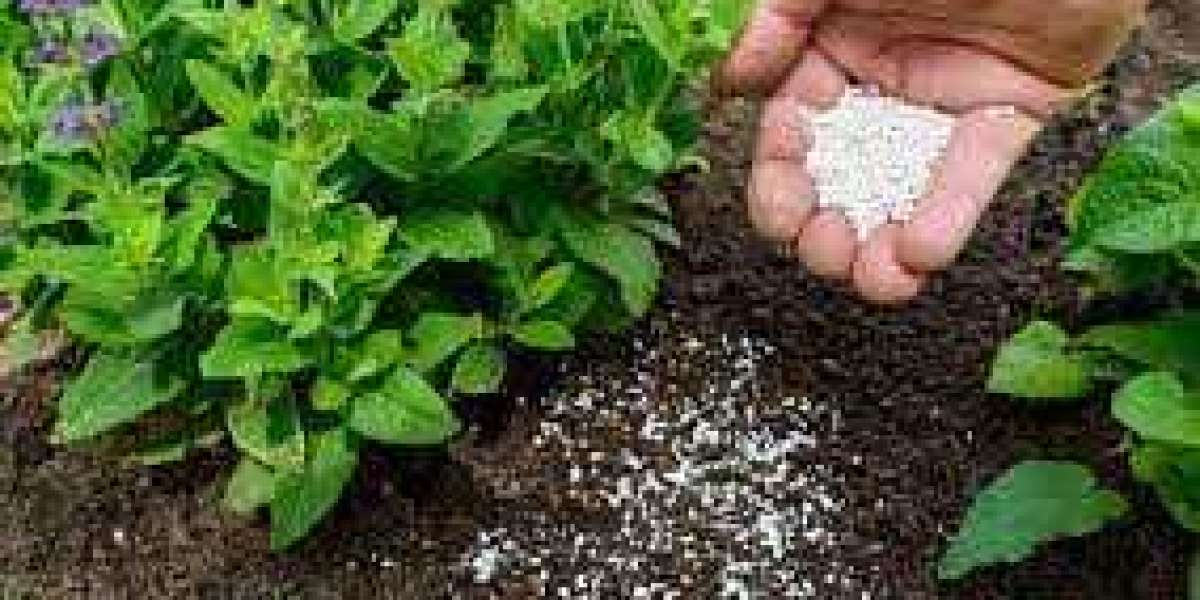If you're a gardener, you know that a healthy garden needs more than just water and sunlight. Fertilizer is an essential component that provides the necessary nutrients to promote healthy plant growth and ensure a bountiful harvest. But with so many options available, it can be challenging to choose the right one. In this ultimate guide, we'll take a deep dive into garden fertilizers, exploring the different types and how to choose and use the best fertilizer for your garden.
Understanding Garden Fertilizer
Before we delve into the different types of garden fertilizers, let's first discuss the basics of fertilizer. Fertilizer is a substance that provides essential nutrients to plants to promote healthy growth. These nutrients include nitrogen, phosphorus, and potassium, also known as NPK. These three nutrients are the primary ingredients in most garden fertilizers and are critical for plant growth.
Types of Garden Fertilizers
There are two primary types of garden fertilizers: organic and synthetic. Organic fertilizers are made from natural materials such as compost, manure, and bone meal. Synthetic fertilizers, on the other hand, are made from chemical compounds and are often referred to as inorganic fertilizers.
1. Organic Fertilizers
Organic fertilizers are becoming increasingly popular among gardeners due to their natural composition and environmentally friendly nature. They are derived from natural sources and are typically slow-release, providing a steady supply of nutrients to plants over time. Compost is a common organic fertilizer nz that provides a variety of nutrients, including nitrogen, phosphorus, and potassium. It's also an excellent way to improve soil structure and retain moisture. Manure is another popular organic fertilizer that's rich in nitrogen and helps to improve soil fertility.
2. Synthetic Fertilizers
Synthetic fertilizers are often preferred by gardeners because they provide a quick and efficient nutrient boost to plants. They are also readily available and easy to use. However, synthetic fertilizers have come under scrutiny in recent years due to their environmental impact. Synthetic fertilizers are made from chemical compounds that provide a concentrated dose of nutrients to plants. They are typically water-soluble and quickly absorbed by plants, making them an effective solution for nutrient deficiencies.
Choosing the Right Fertilizer
Choosing the right fertilizer for your garden depends on several factors, including the type of plants you're growing, the soil type, and the stage of plant growth. For example, plants that require more nitrogen, such as leafy greens, will benefit from a fertilizer high in nitrogen. In contrast, plants that are flowering or fruiting, such as tomatoes or peppers, will require a fertilizer high in phosphorus. It's also important to consider the soil type when choosing a garden fertilizer nz. Sandy soils are often deficient in nutrients and will require a fertilizer high in organic matter. In contrast, clay soils are often nutrient-rich and will benefit from a fertilizer low in nitrogen.
How To Use Fertilizer
1. Now that you've chosen the right fertilizer for your garden, it's essential to know how to use it effectively. Here are a few tips to get you started:
2. Follow the instructions on the package: Different fertilizers will have different application rates, so be sure to read the instructions carefully.
3. Apply fertilizer at the right time: Applying fertilizer at the wrong time can do more harm than good. Apply fertilizer during the growing season when plants are actively growing.
4. Water after applying fertilizer: Watering your plants after applying fertilizer will help to ensure that the nutrients are absorbed properly.
5. Avoid over-fertilizing: Over-fertilizing can lead to nutrient burn, which can damage or kill your plants. Follow the recommended application rates and avoid applying fertilizer too frequently.
Conclusion
Choosing and using the right garden fertilizer is essential for healthy plant growth and a bountiful harvest. There are two primary types of fertilizers, organic and synthetic, each with its advantages and disadvantages. When selecting a fertilizer, it's crucial to consider the type of plants you're growing, the soil type, and the stage of plant growth.








